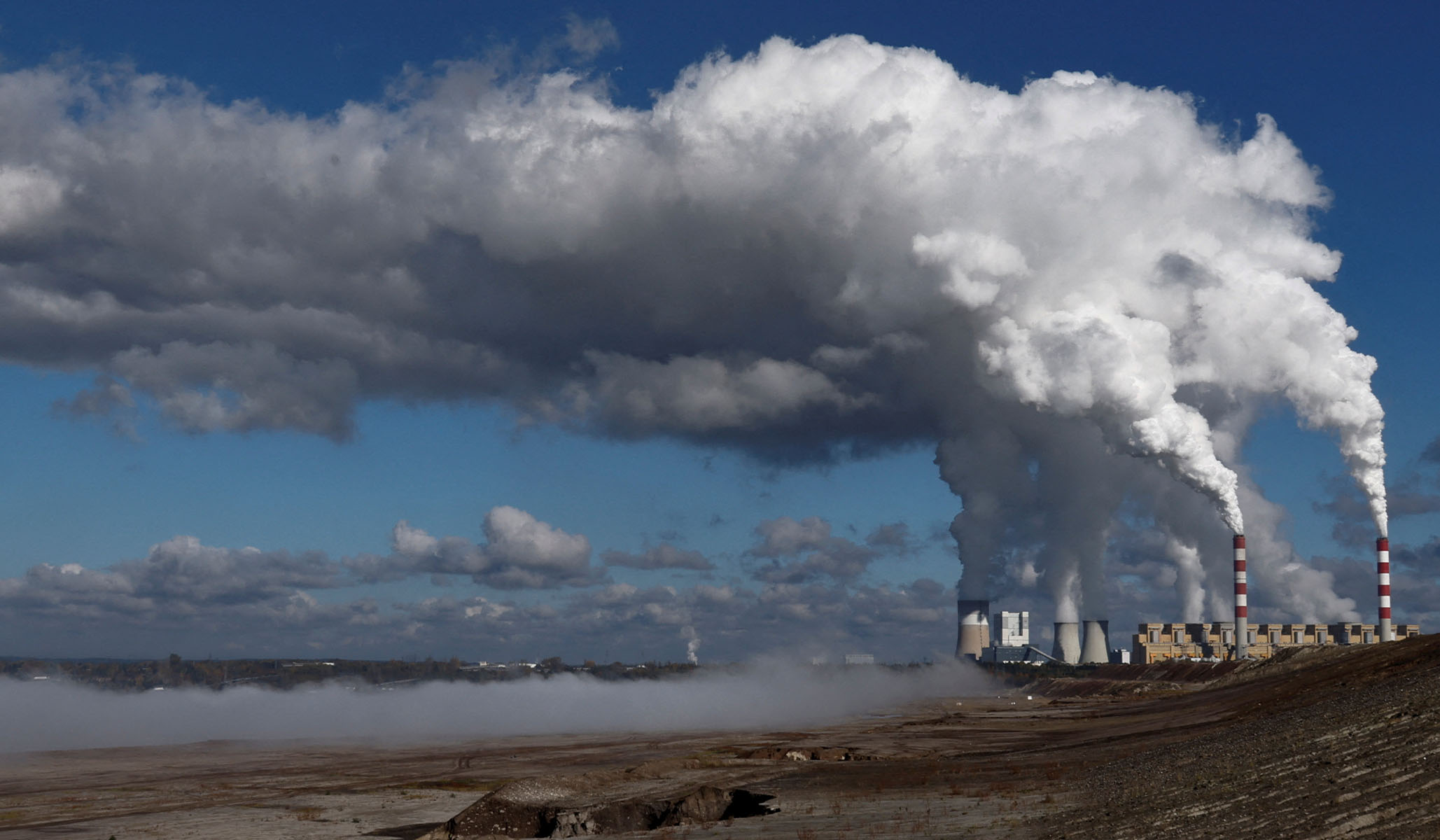


There are many, many absurdities surrounding Britain’s “race” to net zero, a race that it seems intent on running while wearing an extra hair shirt and shouting at laggards to speed up toward the cliff. One has been the notion that, although the U.K.’s contribution to greenhouse-gas emissions is negligible (just over 1 percent), its efforts would set a powerful moral example.
Here from 2021 is Boris Johnson, writing at a time when he was Britain’s prime minister (my emphasis added):
The United Kingdom is not afraid to lead the charge towards global net zero at COP26, because history has never been made by those who sit at the back of the class hoping not to be called on. Indeed, as we set an example to the world by showing that reaching Net Zero is entirely possible, so the likes of China and Russia are following our lead with their own net zero targets, as prices tumble and green tech becomes the global norm.
There may, just perhaps, be reasons to doubt that Russia’s and China’s net-zero targets are sincere. And there is every reason to doubt that Johnson’s bombast had anything to do with them.
But if the U.K. is not inspiring Russia and China, what about more ideologically congenial countries?
Group of Seven nations are butting heads over the timeline for phasing out coal-fired power ahead of next weekend’s summit of top energy and environmental ministers.
Draft communique documents circulated before negotiations resume Tuesday show the European Union, the U.S. and Japan expressed reservations about a U.K. proposal to set a 2030 deadline for phasing out unabated domestic coal power generation. The language, which won France’s backing, also would have recognized the need to “cancel the pipeline of new global coal power generation projects,” and therefore have the G7 countries committing to end construction of new domestic coal-fired power plants and work with international partners to end similar efforts globally.
While Japan, the U.S. and EU indicated reservations, Germany offered alternative language that would have emphasized the goal of phasing out domestic unabated coal power generation “ideally by 2030” or “in the 2030s.” Japan, which hosts the G7 this year, has proposed reaffirming the commitment in last year’s G-7 leaders’ statement “to achieving a fully or predominantly decarbonized power sector by 2035.”
Maybe the U.K., now also supported by France (which might do better to raise this issue with its pals in Beijing), will get its way in the end, but even the pushback that Britain is seeing at the moment would suggest that the force of its example is less than Johnson, lost perhaps in dreams of vanished imperial grandeur, imagined.
One of the reasons for the EU’s concern may be “uneasiness about the technical ability of central and eastern European countries to meet a 2030 deadline.” If so, good. The idea that there should be an attempt to introduce measures that could damage the economies of some of NATO’s key Eastern European members at a time of war in Ukraine is not only nuts, but remarkably self-destructive.
But then again, that’s not a bad way of describing British climate policy.
